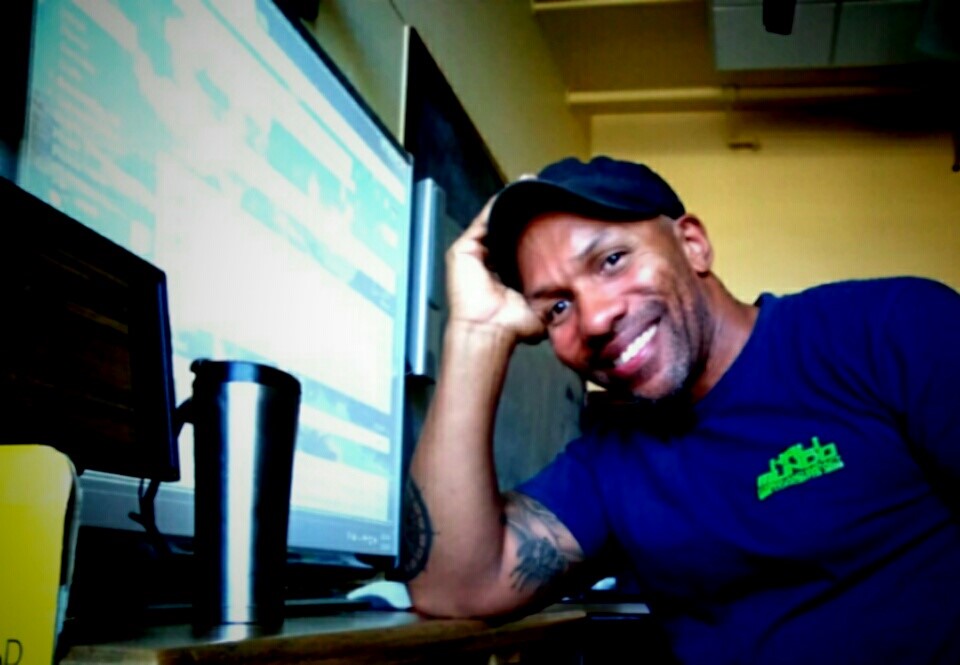In this go around I just wanted to share some reflections I've been going through recently regarding this search for identity within the context of the martial arts I practice. In reading it again, it occurred to me that this might be true for a person delving into any of the creative arts.
So we begin by seeing a performance, a demonstration, a display and imagining ourselves embodying that beautiful thing, identifying ourselves in the place of the performer. We feel some force pulling us to pursue this idea, this vision and so we search out a teacher. How do we choose a teacher, a mestre, a maestro, tuhon? Perhaps we look for someone who matches our image of the physical ideal. Or maybe we search out someone who is a model for our intellectual or spiritual beliefs and who manifests them in his/her rendition of their art. For whatever cause, there is some searching for a bit of ourselves and a bit of what we aspire to be.
And then we train... hard. Practicing for endless hours, years, and sometimes doubting our own aspirations. We put ourselves in the cross hairs of judgement and are oft times burned under the lens of scrutiny. Peers, teachers, family, they all have their own special magnetic force which draws on that desire to stay connected to the world.
Our bodies transform and muscles build, and change, and grow. With as much energy as we spend on our physical development, our minds run through evolutions in comparable time. And at some time we realize that we are searching for our sense of "self" and that we express a beautiful human-ness through movement that is distinctly our own.
Maybe we realize this. Maybe we encounter a teacher or mentor who provides a space for exploration. Maybe we learn to be brave. Maybe we recognize the role that paradigms play and how we fit into them or how we alter them.
There is an aspect of being a teacher that means recognizing our own studenthood. We're required to explore our own doubts and inhibitions and to embrace the prospect of letting go because identity lies on the other side of that.
There's an aspect of being a student that means recognizing our role as teacher. Who else can show us how to be, can define for us what being is or can catalyze us to undertake the process?
I certainly do not want to stop growing at the point designated as normal by our present society. What, after all, is a normal person? He is simply the perpetually programmed man, the one in whom the conditioning of society has been so successful that no crack still exists through which the light of any wider reality can still shine. The normal person in our time is a loyal, well-adjusted member of the team--rowing down the rapids onto the rocks.
I AMness by Ian Kent and William Nicholls



Comments [0]
Click here to read/write comments